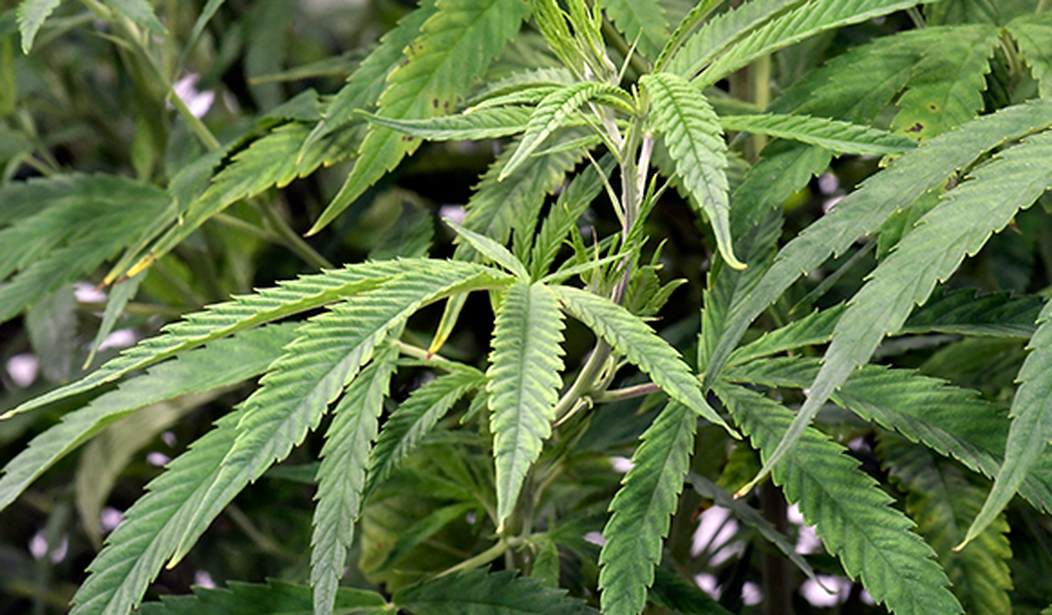This tale highlights what happens when law enforcement finds itself at odds with the law. Vape shops in Georgia have been ensnared in a relentless legal conflict with police departments, which have conducted multiple raids on these establishments despite the fact that the products they are selling are perfectly legal.
At the heart of this issue is the sale of delta-8 and delta-10 THC edible products, which have exploded in popularity over recent years.
The latest episode occurred on March 13, 2024, when officers with the Newnan Police Department’s Drug and Vice Unit raided Newnan Tobacco & Vapor under the guise of conducting “compliance checks.”
An assortment of Delta 8, 9 and THC-infused gummies were removed from a local vape store after allegedly refusing to comply with the orders of local law enforcement.
On Wednesday afternoon, members of the Newnan Police Department Drug and Vice Unit searched Newnan Tobacco and Vapor, located in a strip mall near Walmart on Bullsboro Drive.
The incident resulted from recent compliance checks with local stores that sell Delta 8, 9 or THC products in the Newnan city limits.
During the checks, investigators met with proprietors to inform them that while selling vapes with Delta 8, 9 or THC products is legal, the sale of edible products like gummies is not.
Investigators cited Georgia Code 2-23-3(6), which states that food products infused with THC are not legal to sell since the United States Food and Drug Administration has not approved them.
“We’ve had people get bad reactions from these gummies and don’t want people to get sick,” emphasized Lt. Vic McPhie. “We’re grateful for those stores that had conversations with us and chose to do the right thing, as it's our duty to ensure public safety.”
For those unfamiliar with delta-8 and delta-10 products, here is a quick breakdown:
Delta-9 tetrahydrocannabinol (THC) is the psychoactive ingredient in cannabis, which creates the "high" from using marijuana. Ever since the 2018 Farm Bill removed hemp from the list of controlled substances, federal law limits the amount of delta-9 in any substance to 0.3 percent.
But around the same time the Farm Bill became law, scientists discovered delta-8 THC, which produces a similar "high" as delta-9 but can be synthesized out of CBD derived from hemp. (A similar process produces a similar compound, delta-10 THC.) Since the Farm Bill specifically legalized the sale and production of hemp, it was assumed that any hemp byproducts were legitimate, as well—and in 2022, the U.S. Court of Appeals for the 9th Circuit agreed.
Georgia passed a similar law in 2019, which legalized hemp in the state, as well as "all derivatives, extracts, cannabinoids, isomers, acids, salts, and salts of isomers, whether growing or not, with the federally defined THC level for hemp or a lower level."
To put it in English, delta-8 and delta-10 products are lighter versions of the traditional marijuana plant that people have consumed for centuries. The high one experiences is less potent and lasts for a shorter period of time than its more commonly-used relative.
The Newnan raid is not a new occurrence. This issue has persisted in different areas of the state since 2022. Despite the product’s legal status, district attorneys like Gwinnett County’s Patsy Austin-Gatson have tried to crack down on the sale of the product. She defended her actions by arguing that “since state law mentions delta-9 but not delta-8 or delta-10, the those must not be allowed in any capacity.”
This has sparked a pitched legal battle between the shop owners and the authorities. The battle eventually made it to the Georgia Supreme Court, which ruled in the state’s favor, allowing them to continue cracking down on delta products. However, the Georgia Court of Appeals reversed the decision, siding with the shop owners. Presiding Judge Christopher McFadden minced no words.
...."The state's argument has no merit," as the seized products "do not contain any controlled substances; they are alleged to contain only delta-8-THC or delta-10-THC, which the state concedes are not controlled substances."
However, this decision has not stopped law enforcement agencies from continuing to target vape shops. Tom Church, an attorney representing multiple shops, explained that McFadden’s comments were “an unpublished opinion, because all the judges agreed on the outcome, but they didn’t all agree on the same reasons.”
Unpublished opinions cannot be used as binding precedent, but can be used for persuasion purposes. This means the police can continue arresting and harassing shop owners while stealing their cash and inventory for selling these products – which could explain why they have kept busy targeting these businesses.
For starters, these raids are an egregious disregard for the law, especially when it comes to judicial decisions and legal interpretations that clearly permit the sale of these products. It appears these police departments believe they have found a loophole that allows them to continue going after these business owners.
Secondly, it is worth noting that focusing on using government power to stop people from selling and consuming a legal substance appears to be a misuse of resources. Would it not be more beneficial to focus on going after people who are actually violating the rights of others instead of policing gummies?
Lastly, these actions are stifling economic activity and innovation in the ever-growing hemp industry. These products are not nearly as harmful as some police have suggested and have even been shown to have health benefits. At the end of the day, the state should not have the authority to dictate what someone can and cannot put into their bodies.
As this saga continues to unfold, the implications could go far beyond the shops in question. If the shop owners emerge victorious, it would go a long way towards preventing local governments from overstepping their boundaries.












